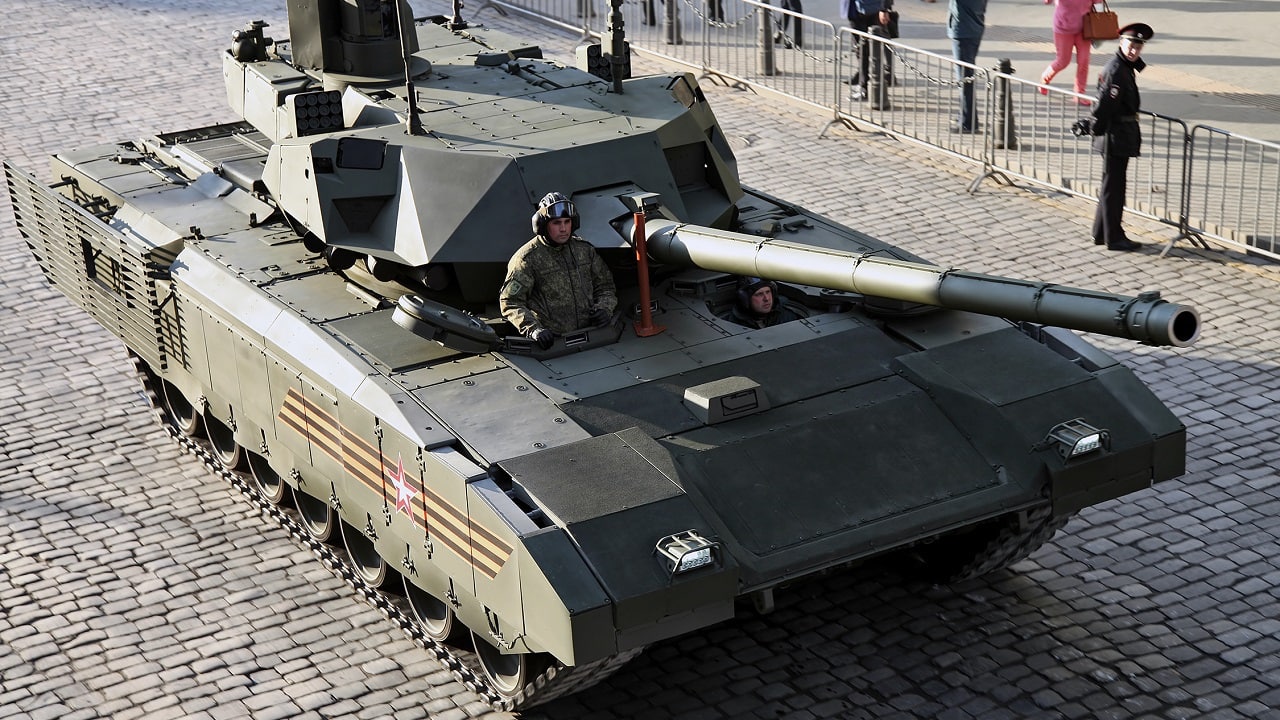Ukraine’s current offensive in the war against Russia has been more sluggish than many had hoped. This has brought a return of discussion – mostly from long-standing opponents of aid to Ukraine – about Western assistance.
The claim is that the counteroffensive’s slowness means Ukraine cannot win. A Russian victory is inevitable. The West should therefore reduce aid and strong-arm Ukraine into concessions to end the war.
Wars are Not Won in a Day
Much of this argument is dubious, because the same people – hard left ‘anti-imperialists’ and hard right pro-Russian supporters of former President Donald Trump – predicting Russia will win also want Russia to win. They are methodologically ‘cheating’; their normative aspirations are infecting their empirical predictions, leading to outlandish commentary like Ukraine is about to collapse or Russian atrocities are NATO deep fakes.
It is also likely that the current offensive will build slowly. It is far too early to pass judgment. Ukraine, as best we can tell, is currently ‘shaping’ the battlefield – striking command, logistics, and communications to prevent rapid Russian reinforcement if a Ukrainian breakthrough is made later. Aid opponents’ demand that Ukraine win in a sweeping blitzkrieg – or face an aid cut-off – is an absurd standard of success. Wars are not won in a day, and demanding dramatic victories is more like a set-up – to cut Ukraine off after failure – than real strategic analysis.
What Russian ‘Theories of Victory’ are Credible?
Still, the pro-Russian interpretation about the slow Ukrainian offensive does raise the interesting question, if Russia, at this late date, still has a viable pathway to victory?
By victory, I mean a decisive battlefield triumph which compels negotiations on mostly Russian terms and allows Russia to withdraw, to stop carrying the costs of sustained, active warfare. We should not consider a frozen conflict or ‘forever war’ a Russian victory. That was not Putin’s goal. For example, the US did not win in Afghanistan or Vietnam, nor did the Soviets win in Afghanistan in the 1980s. Instead, the US and the USSR just forestalled defeat by fighting on and on. By contrast, winning means a strategic victory which ends the fighting and allows withdrawal and reconstitution (i.e., an exit strategy).
I see six Russian possibilities to win in Ukraine. Unfortunately, most are unlikely as they require major changes in well-established behavior, by either Russia or outside parties.
Scenario 1: Nuclear Coercion
Russian apologists pin a lot of hope on this. There are two logics: first, nuclear bluffing will scare off the West from helping Ukraine; second, tactical nuclear weapons could be used to win major engagements.
Nuclear bluffing has worked somewhat; one could imagine a much greater NATO commitment if Russia did not have nuclear weapons to brandish. Some NATO countries might have even joined the war. But Russian nukes have not stopped aid, nor the gradual qualitative improvement of that aid. NATO has slowly but steadily breached Russian red-lines on lethal aid, providing missile defense, missiles, tanks, fighter jets, and so on. Threatening WWIII every few months has drained Russian nuclear saber rattling of its menace. This effect is likely to continue diminishing.
Actually using nuclear weapons, mostly likely on the battlefield, is even more problematic for obvious reasons. No one knows what happens on the ‘day after.’ The risks are enormous – NATO could join the war; China and India would abandon Russia; internal divisions in Russia, already apparent in the Wagner insurrection, would deepen dramatically; the diplomatic isolation would be tremendous. Nor is it clear which targets would be commensurate with that much force and how logistically-deprived Russian forces would then operate on an irradiated battlefield. If Putin were going to use nukes in a bid to win decisively, he probably would have done it by now.
Scenario 2: Putin Starts Firing Generals till He Finds a Good One
It is pretty clear now that Russia’s officers have performed poorly. The invasion was not planned well. Combined arms integration has been poor. Russian logistics are corrupted and rotten. Russia’s initial material advantages over Ukraine were massive. Everyone expected Russia to win quickly. Instead, the war is now a quagmire.
US President Abraham Lincoln faced similarly unsatisfactory outcomes early in the American Civil War. His response was to relieve Union generals repeatedly until he found ones who could deliver battlefield success. This worked in time, and the Confederacy’s initial advantage in officer quality dissipated. For Russia to win more, and less pyrrhically, on the battlefield, this would probably be Putin’s wisest course.
But Putin probably cannot risk Lincoln’s option, because officer loyalty is more important than competence in a dictatorship. Experimenting, free-thinking officers would likely return better results for Putin, but they would also likely resent the capriciousness and corruption of his dictatorship, as we have seen in Wagner’s leader, Yevgeny Prigozhin. And their military success could evolve into a political threat.
Staying in power is more important for Putin than winning in Ukraine, which is likely why has retained his mediocre but loyal generals so far. Soviet dictator Joseph Stalin notoriously purged the Red Army officer corps for loyalty in the 1930s. This led to disastrous Soviet battlefield performance when Nazi Germany invaded in 1941. Stalin then brought back capable officers. But this was only when Soviet national existence was threatened. The stakes of the Ukraine war are not existential for Russia, which is likely why Putin has rejected this otherwise obvious option for more than a year.
Part 2: Will Trump Save Putin?
Part 2 of this essay – coming tomorrow – considers four further possibilities:
-Russia will go to a total war footing to win by sheer weight
-Trump will be elected and cut-off Ukraine
-Europe will tire of the war’s costs and disruptions, and abandon Ukraine
-China will, somehow, come to Russia’s rescue
Dr. Robert E. Kelly (@Robert_E_Kelly; RoberEdwinKelly.com) is a professor of international relations in the Department of Political Science at Pusan and a 19FortyFive Contributing Editor.

